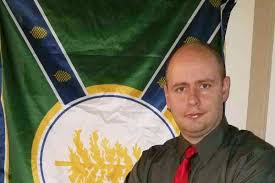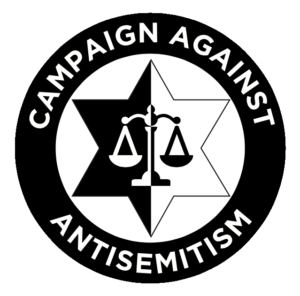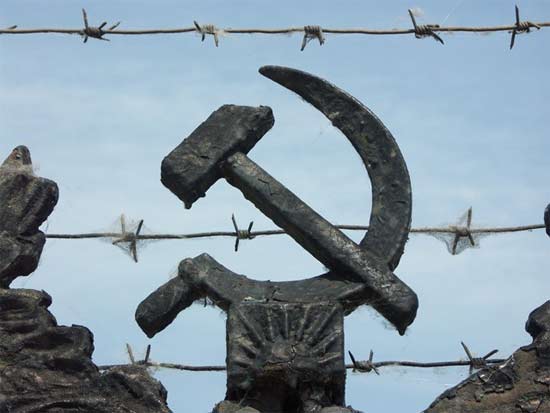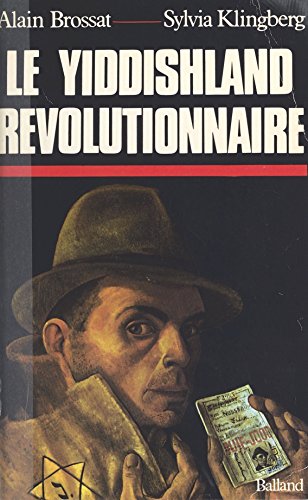E. Michael Jones on Jews and Usury, Part 2
In my view, the climax of Barren Metal comes toward the end in the chapter on the Vatican-approved, Jesuit-run periodical Civiltà Cattolica that in 1890 forthrightly addressed the Jewish Question. Far more than modern America, the European financial scandals of the era were directly and openly linked to Jews, as Jones notes. In 1882, for example, the Union Generale bank collapsed and Jews were explicitly blamed for it. Its former head, for one, fumed that the Jewish financial power of the day was “not content with the billions which had come into its coffers for fifty years . . . not content with the monopoly which it exercises on nine-tenths at least of all Europe’s financial affairs.” This power, the man claimed, had “set out to destroy the Union Generale.”
Famed writer Emile Zola also published a novel at the time in which a fictional young Catholic banker seethed at Jewish deceit. The character, Zola writes,
is overwhelmed with an “inextinguishable hatred” for “that accursed race which no longer has its own country, no longer has its own prince, which lives parasitically in the home of nations, feigning to obey the law but in reality only obeying its own God of theft, of blood, of anger . . . fulfilling everywhere its mission of ferocious conquest, to lie in wait for its prey, suck the blood out of everyone, [and] grow fat on the life of others.” (1169)
(See my column “Culture of Deceit” for more on such European scandals of the day.)
The Catholic periodical Civiltà Cattolica traced Jewish influence back to the French Revolution, employing Abbe Augustin Barruel’s Memoirs Illustrating the History of Freemasonry in its description of Jewish financial power. The argument, in short, is that the French Revolution allowed the emancipation of the Jews, who were then able to foist their immoral ways (according to Christian mores) onto European society, and “the main way that the Jews achieved their hegemony over Christian societies was through ‘their insatiable appetite for enriching themselves via usury’” (1178). The verdict? “The source of Jewish power is usury.”
From this central fact rolled well-known consequences:
Once having acquired absolute civil liberty and equality in every sphere with Christians and the nations, the dam which previously had held back the Hebrews was opened for them, and in a short time, like a devastating torrent, they penetrated and cunningly took over everything: gold, trade, the stock market, the highest appointments in political administrations, in the army, and in diplomacy; public education, the press, everything fell into their hands or into the hands of those who were inevitably depending upon them. (1179)
With control of gold came control of Christian society, particularly through the public press and academia, since “journalism and public education are like the two wings that carry the Israelite dragon, so that it might corrupt and plunder all over Europe.”
How little things have changed in our own day. Read more

 On Friday afternoon January 19, after what seemed like an interminably long two-hour drive from my home on the coast to Bangor, I finally pulled into a parking spot outside the small Irish pub where I had previously arranged to meet Tom Kawczynski. We had spoken over the phone a few times and been interacting on social media for a few months, and for the last several weeks we had been trying to work out a time and place to meet, but since we lived about four hours apart – on opposite sides of the state – this was the first chance we had to do so.
On Friday afternoon January 19, after what seemed like an interminably long two-hour drive from my home on the coast to Bangor, I finally pulled into a parking spot outside the small Irish pub where I had previously arranged to meet Tom Kawczynski. We had spoken over the phone a few times and been interacting on social media for a few months, and for the last several weeks we had been trying to work out a time and place to meet, but since we lived about four hours apart – on opposite sides of the state – this was the first chance we had to do so. That’s why you would expect Jews to greet a certain new legal definition with horror and disbelief. The definition is vague, arbitrary and deplorably imprecise. Any law based on it truly will be an invitation to injustice and a club in the hand of the overweening state. The deplorable definition goes like this:
That’s why you would expect Jews to greet a certain new legal definition with horror and disbelief. The definition is vague, arbitrary and deplorably imprecise. Any law based on it truly will be an invitation to injustice and a club in the hand of the overweening state. The deplorable definition goes like this:




